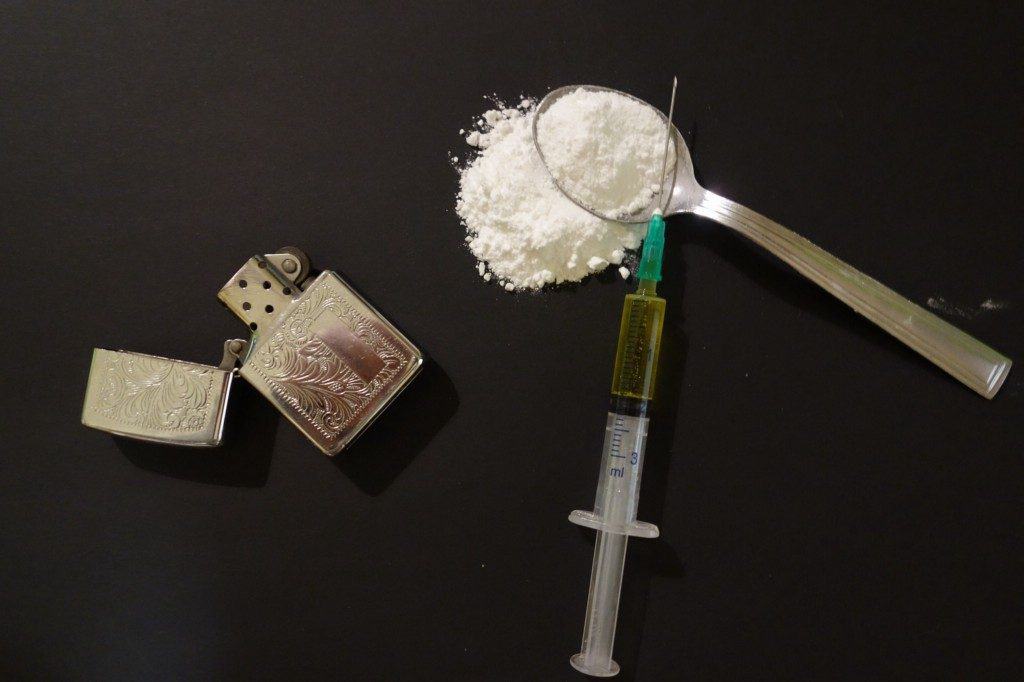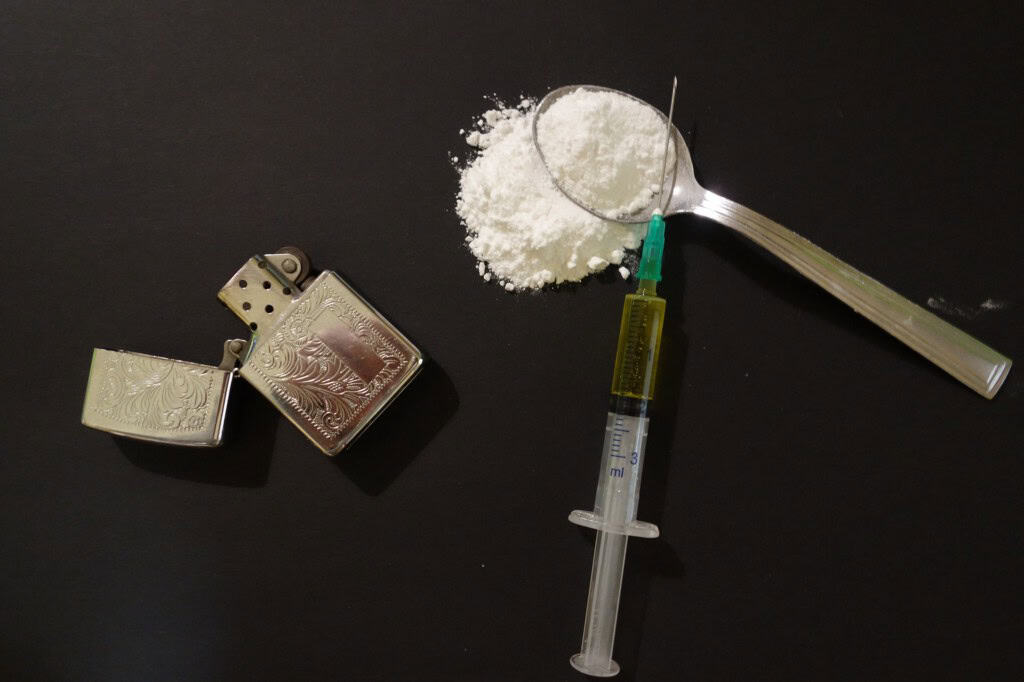
While the nasal spray can halt an opioid overdose, professional medical care is still necessary.

Joanna Dugan of Urban Treatment Associates last Wednesday night hosted a Narcan training session at the Monroe Township Public Library.
“My trainings consist of family members and members of the community,” Dugan said. “It’s a two-hour training. They’re educated on what addiction is and both legal and illegal opiates. During the training, they’re identifying what an overdose is, the importance of calling 911, rescue breaths and how to administer Narcan.”
Narcan is a spray that is administered to overdose victims. Per the slide show Dugan presented, Narcan (Naloxone) displaces the opioid from the opioid receptor in the nervous system and the duration of action is 30–90 minutes. Narcan is not an antidote for overdoses involving non-opioid drugs such as cocaine or Valium. It is also not a substitute for providing the victim with professional medical services.
Dugan is visiting all eight South Jersey counties educating people about Narcan.
“After the training, they will get the free Narcan kit: which actually has the dose of Narcan, a pair of gloves and a facemask. If they do use my kit, there is a report-back form, so if they use it [the kit] they fill it out [the form] and send it back to me and I’ll replenish their kit.”
Dugan stressed the importance of calling 911 in an emergency situation.
“The Narcan can wear off as an overdose can take up to two hours, the person can fall back out. That’s why we want EMTs and 911 on their way,” she said.
Dugan went on to talk about the long-term effects of calling 911 in an overdose situation.
Calling 911 keeps patients safe and observed by EMTs. If they are to go with an EMT, there is another effort in the state called the Opioid Overdose Recovery Program where there are coaches and recovery specialists in the emergency room. They will talk to the patient and try to get them into a treatment facility and follow up with them.
“Not only does calling 911 keep them safe and alive for the day, it encourages long-term recovery. We are in an epidemic and we need positive influences for recovery,” she said.
Dugan’s classes are very popular, she was at her limit of 20 people last Wednesday and has another session in June booked to capacity.
For more information, email and ask for Dugan at [email protected] or call (856) 225–0505.


